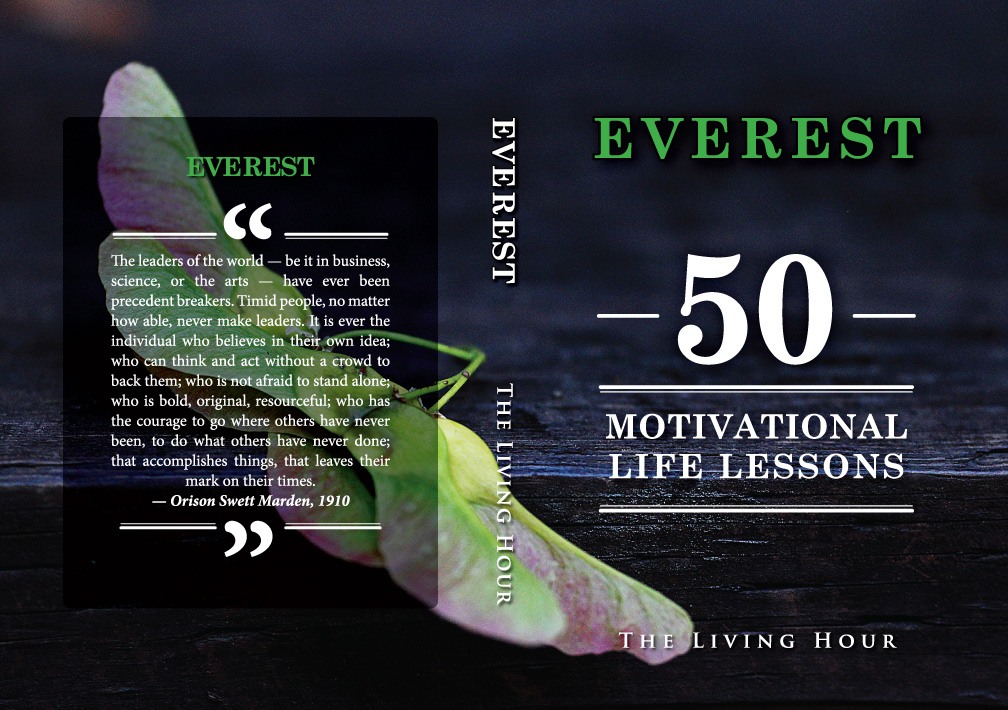27 Feb The Art of Conversation | Building Your Personality Podcast
Podcast Transcript: Welcome to the Inspirational Living podcast. Today’s podcast is all about the art of conversation. If you are looking for new ways to spark philosophical conversations among your friends and acquaintances, check out our branded line of inspirational fashion, Book of Zen. Each t-shirt, sweatshirt, and tank-top is emblazoned with an original, thought-provoking saying within our signature zen enso circle. Visit BookofZen.com today.
Now, on to today’s reading, which was edited and adapted from: Your Personality and Your Speaking Voice: How to Develop Them by CLARE TREE MAJOR, published in 1921.
You may impress people through your physical poise; your refined voice and charm; the jewels of wisdom you have culled from life; but the real test of your power of personality lies in your command of the art of conversation.
The first rule of good conversation is to have something worth saying, and to say it as briefly and interestingly as possible. Merely pouring out a constant stream of words isn’t conversation. No one can be more thoroughly and unforgivably boring  than the man or woman whose habit it is to  deluge every long suffering acquaintance with an unending flow of speech.
Good conversation should give something to everyone participating in it. It’s as unfair to sit through a conversation (absorbing everything and giving nothing), as it is to use up all the time yourself in talk which is not vital to the others. Don’t be a sponge. Contribute your bit to the general conversation, and you as well as the others will gain.
Conversation is made interesting and useful in the exact ratio that different points of view are brought to bear on a subject, different experiences that help to disprove or uphold a point. From such talks, we go out with a broadened viewpoint, a wider knowledge, and a more crystallized opinion. But if you sit in your corner and refuse to catch the ball when it is tossed to you, or refrain from tossing it back with new vigor, you are a dead weight on the conversation. You are shirking your job.
All this means that you should talk with people, not at them. If you go through life with your eyes and mind open, it will be a very strange person with whom you will find no point of contact, no mutual ground on which to pitch your conversational tent.
If you know but one thing (and knowing that so well you unload your knowledge on a group of people), to your satisfaction and their profit it may be, yet that is not conversing; that is lecturing. And even then, if you give them a chance, you may find some point you have overlooked, some new phase of thought if you give them time to present it.
Talk of your specialty with people who are mutually interested, but retain for others an ability to be interested in their interests. You may know all about old furniture (including dates, makers, and histories), as well as how to detect the genuine from the imitation and a lot of other — to you — interesting phases of the art. But you won’t get far if that is all you can talk about.
READ THE ENTIRE ESSAY IN EVEREST: 50 MOTIVATIONAL LIFE LESSONS

